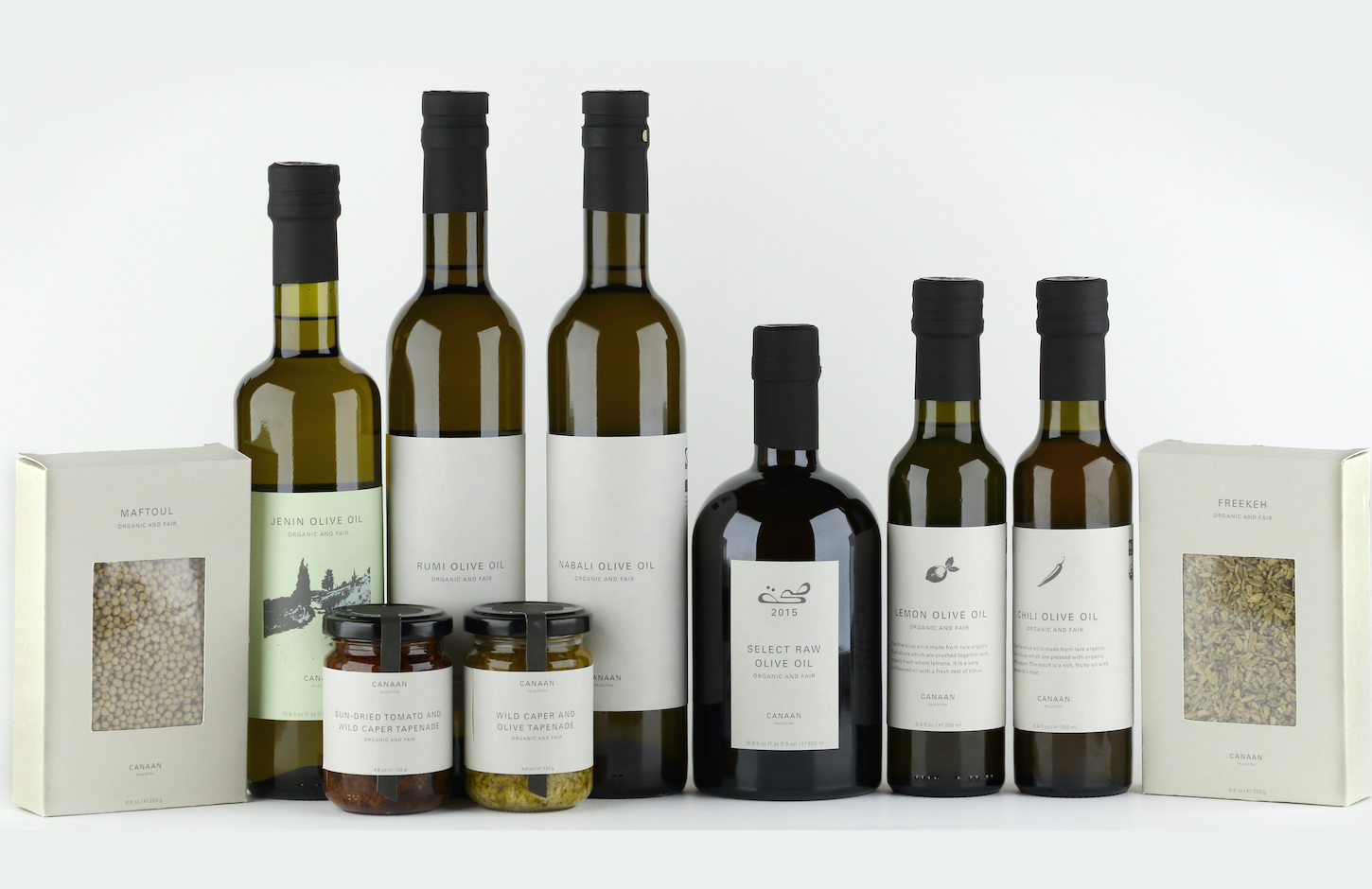Eyewitness Accounts from the Delegation
During our time Palestine, I continued my daily watercolor painting practice each evening. At home, painting is part of my intention setting in the morning. However, during this trip, I shifted to the evenings as a reflection ritual.
Her name is Noor. She is 9 years old and we met in Deheisheh Camp at Laylac Center. Noor kept flashing me her smile throughout the afternoon. At one point, she motioned for me to sit next to her in a big chair, as the young dancers rehearsed.
1.
Tourists pose
with heavy armed
IDF soldiers
In the old city
Jerusalem
In Ramallah, some of us met with leaders at the Popular Art Center. Their oral presentation focused on the Dabke, Palestine's national dance , an important art of cultural resistance.
"What's your name?" It's a dreaded question if you're flying into Tel Aviv and you have a name that sounds Palestinian/Arabic/Muslim. If your name sounds suspicious, you will be asked about your parents' and grandparents' names, too, in order to determine if you'll be allowed in Israel.
The father, Bassem Tamimi, insisted that they are not a special family and no different from every other family that lived under this Israeli occupation.
Every day in Palestine and Israel there are stark reminders that I as an foreigner have more rights than indigenous Palestinians that have lived here for centuries.
The Tamimi family graciously hosted all 30 of us at their home in Nabi Saleh. Ahed made international news at age 16 when she was imprisoned for slapping an Israeli soldier.
What’s so interesting to me is how different yet similar everyone on this delegation is. Different walks of life yet all on a path to seek justice. From various places and have experienced our share of difficult challenges. Old to young, we all yearn for the knowledge to soak up and hopefully relay to others back home.
The wall felt the same as the one I held the day before. In Bethlehem the separation wall was made to protect me and separate me from people who looked different.
Here generations of Palestinians live in refugee camps. Aida Refugee Camp in Bethlehem houses 60,000. Water and electricity are scarce. At home and abroad, Palestinians make the largest refugee population. Here "home" means heart-ache and resilience.
The fact that we cannot return is not normal. The dilution of our community spaces and religious sites (and so much more) by social media and the media at large is not normal.
Out here in Bethlehem at the Apartheid wall. Our struggle is international.















